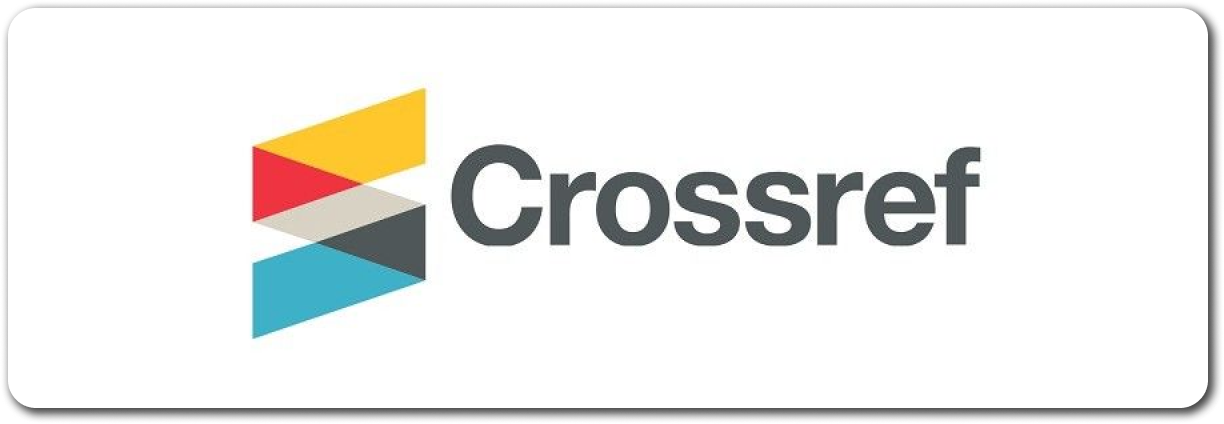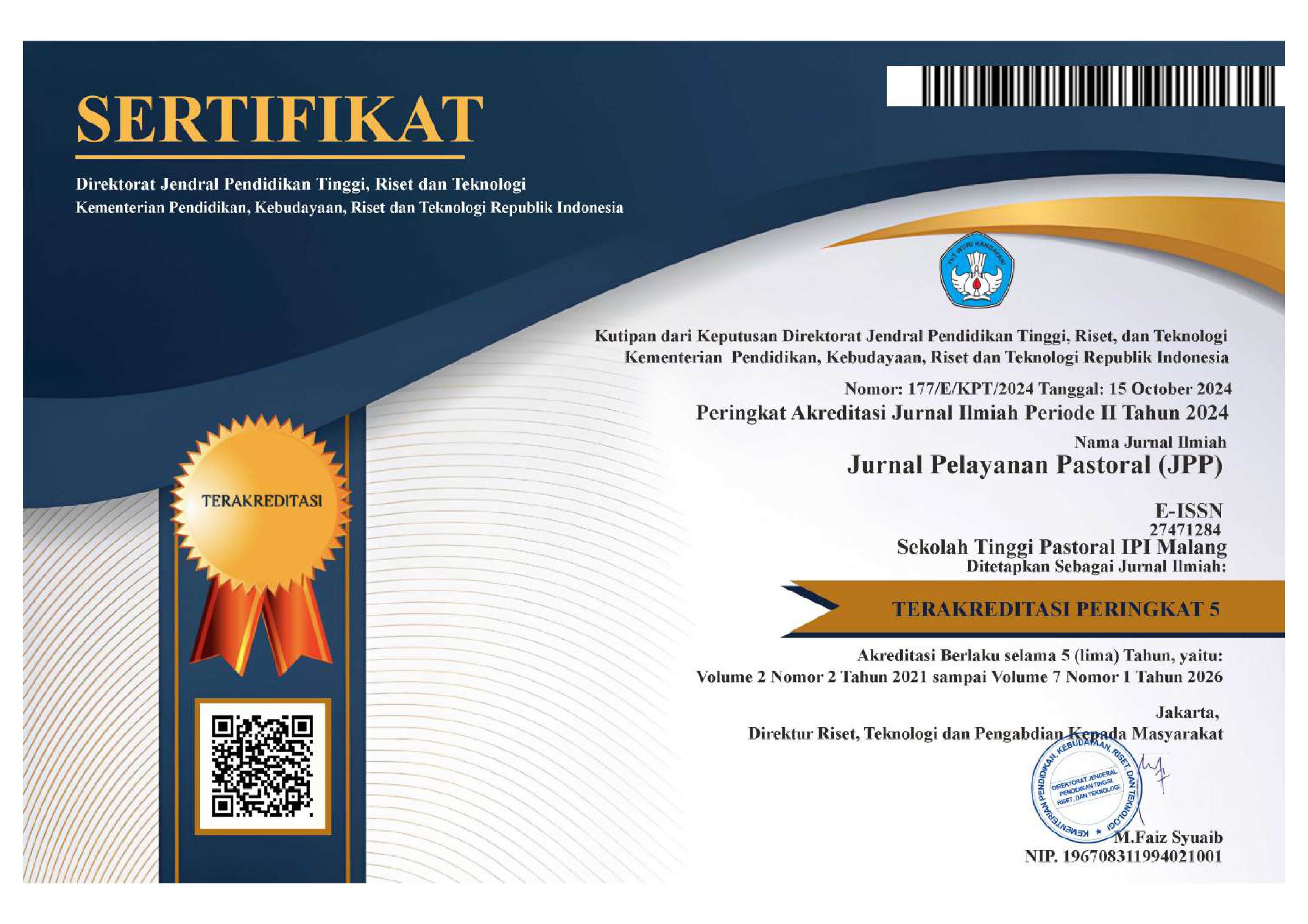EFEKTIVITAS PENERAPAN MODEL KOMUNIKASI TOTAL BAGI ANAK TUNARUNGU DI BHAKTI LUHUR
DOI:
https://doi.org/10.53544/jpp.v3i2.340Keywords:
children who are deaf-speech, total communicationAbstract
Deaf children are children who experience obstacles in getting access to language sounds through the sense of hearing so that their language development experiences obstacles, especially the development of spoken language. The development of spoken language in everyday life is a communication tool that is widely used by people in interacting with each other. Difficulty in interacting with people experienced by deaf children, thus requiring the application of an appropriate total communication model. The application of total communication can be used as an alternative to convey feelings/thoughts/ideas to others. There are various models of total communication, namely total oral, manual, aural and graphic communication. The application of total communication should be adapted to the needs and characteristics of deaf children. In the application of total communication, it really requires the cooperation of teachers, therapists and parents to train deaf children so that they can develop well. This research was conducted on 3 deaf children at Bhakti Luhur. The purpose of this study was to describe the application of a total communication model for deaf children. This type of research is descriptive qualitative. The data obtained in this study were based on the results of interviews, observations of 3 main informants of deaf children and 2 additional informants who were in charge of the homestead. The results of the study indicate that the application of the total communication model is less effective.
Downloads
Published
How to Cite
Issue
Section
License
Copyright (c) 2022 Jurnal Pelayanan Pastoral

This work is licensed under a Creative Commons Attribution-NonCommercial-NoDerivatives 4.0 International License.
All articles published in the Jurnal Pelayanan Pastoral (JPP) are licensed under the Creative Commons Attribution 4.0 International License (CC BY 4.0). This license allows anyone to copy, distribute, display, and adapt the published articles, for both commercial and non-commercial purposes, as long as proper credit is given to the original author(s) and the source.
By publishing in JPP, authors agree that:
- The article may be reused by others under the terms of the CC BY 4.0 License, provided appropriate attribution is given.
- Authors retain their moral rights to the published work.
- The Jurnal Pelayanan Pastoral (JPP) encourages authors to share their work through institutional repositories, personal websites, and other academic platforms.
For more information, please visit the official license page: https://creativecommons.org/licenses/by/4.0/















